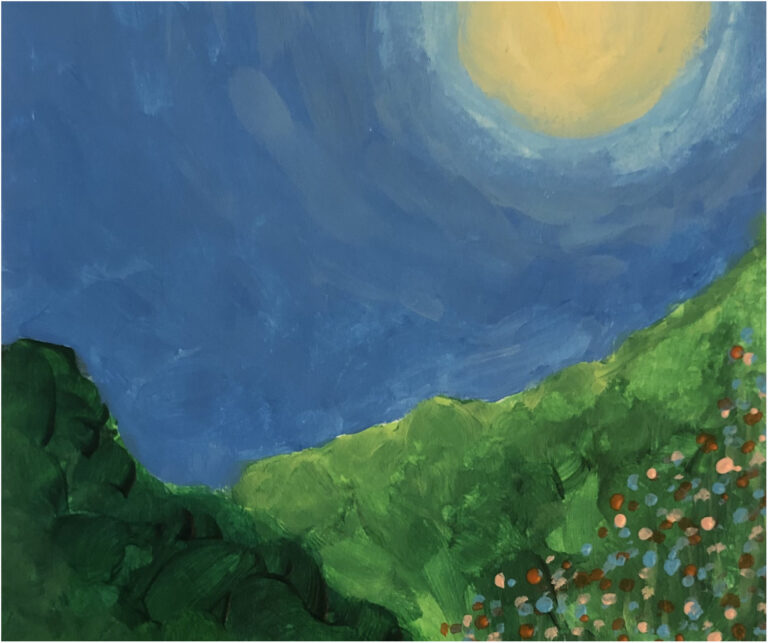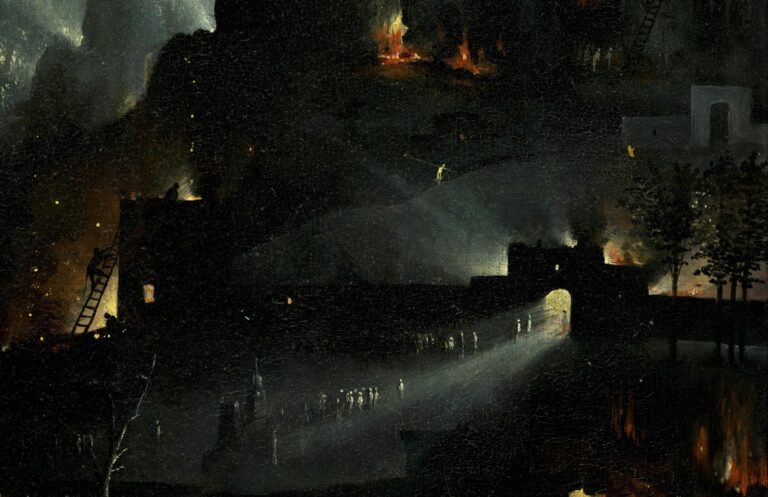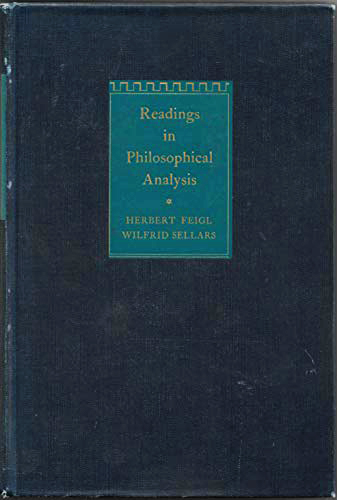She notes that it was only this year that works by both hooks and Mills, who died in September, have been officially added to the introductory syllabus for political theory at Oxford.
hooks had been over the course of her career a professor of English, African and African-American studies, Women’s and Gender Studies, and American literature, at institutions such as the City University of New York, Oberlin College, San Francisco State University, the University of California Santa Cruz, and Yale University. Her 1981 Ain’t I a Woman? Black Women and Feminism is recognized as one of the most influential late 20th Century works on gender and race, and is one of over 30 books she wrote.
In an essay at the London Review of Books blog, Sophie Smith, associate professor of political theory at the University of Oxford, writes:
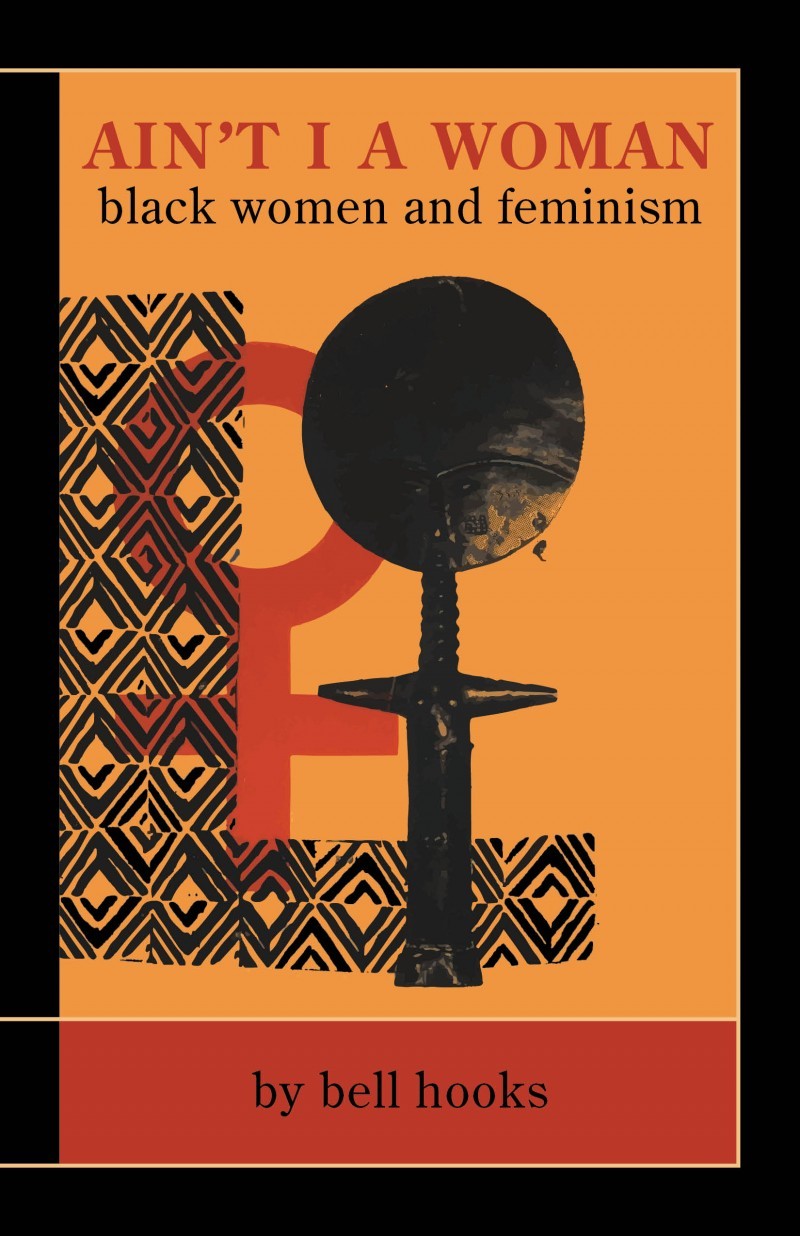
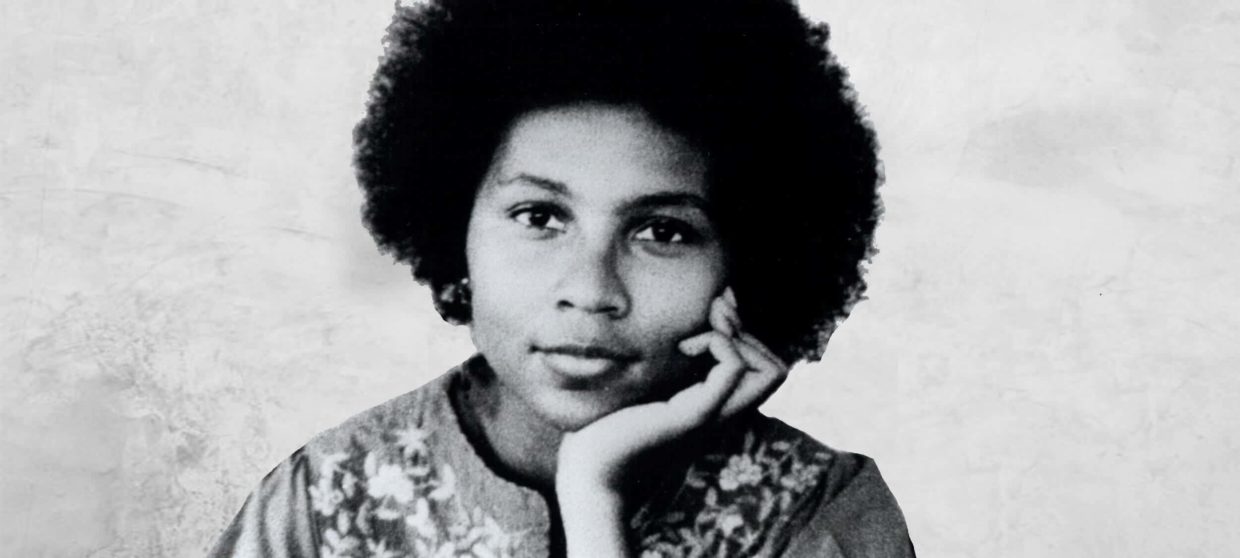
Related: Philosopher George Yancy interviews bell hooks here.
Memorial notices are posted at Daily Nous, normally, just for academic philosophers. But as one philosopher wrote in an email, though she was not an academic philosopher, hooks had “so much influence in philosophy” that a post would make sense. People are welcome to share their reflections on hooks, her work, and her impact on philosophy.
A couple of years later I was walking by the Radcliffe Camera with the philosopher Charles Mills and told him the story. He looked up at the library, shook his head and smiled, unsurprised. Charles had been teaching hooks and other Black feminist theorists for years. He wrote an article in the early 1990s urging others to do the same. He was used to these calls being ignored.
A few years ago, as a postdoc at Oxford, I added bell hooks’s Feminist Theory: From Margin to Centre to the reading list for a political theory course I’d been asked to teach. hooks wasn’t on the official faculty syllabus, but I thought my students should get the chance to engage with her challenge to the liberal white feminists who were. I soon got an email to say there wasn’t a copy of the book in any Oxford library. The Bodleian contains upwards of 13 million printed items. I circulated PDFs instead.
Philosophers and others over the past couple of days have taken to social media and remarked on the influence hooks had on their thinking and teaching.
In her reflections, Smith includes this anecdote:
Gloria Jean Watkins, the writer better known as bell hooks, died earlier this week.
Now I am a teacher, I wonder what conception of political theory could, at the level of principle, include Machiavelli or Rousseau, say, but discount hooks.
The only fight I’ve ever got into on Twitter (foolish, I know) came after a colleague proposed that nothing on a reading list which included texts by hooks, Audre Lorde, Barbara Smith and the Combahee River Collective counted as political theory. Perhaps it made me so cross because, for the first time, I was encountering the kind of reasoning that explains why I was never taught hooks at university, and why I was left to come to her, much as she came to theory, by myself.

